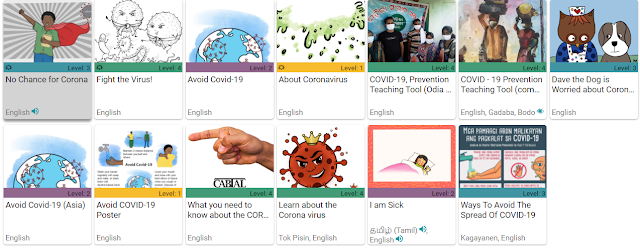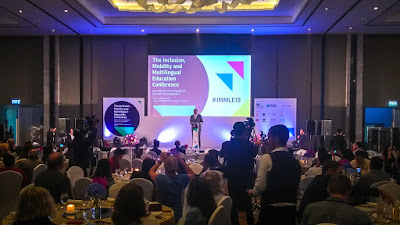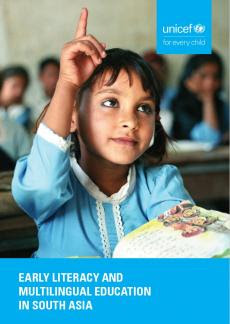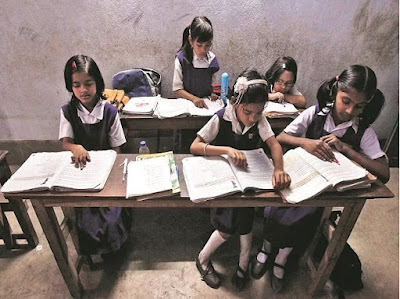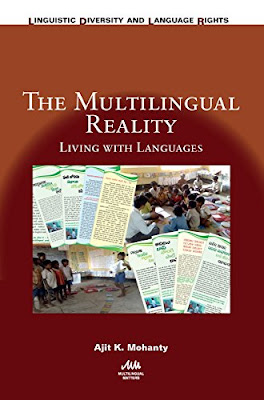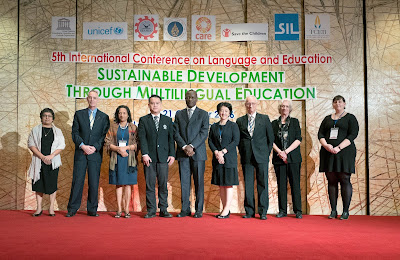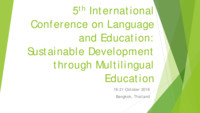Language technologies for the minorities

Kalika Bali’s talk on TED.com There is a lot of technology involved in producing educational materials. However, most language technology is focusing on majority languages while the minority languages stay behind. In a recent TED talk, a language technology enthusiast working with Microsoft, Kalika Bali, is talking about how this gap can be bridged.





